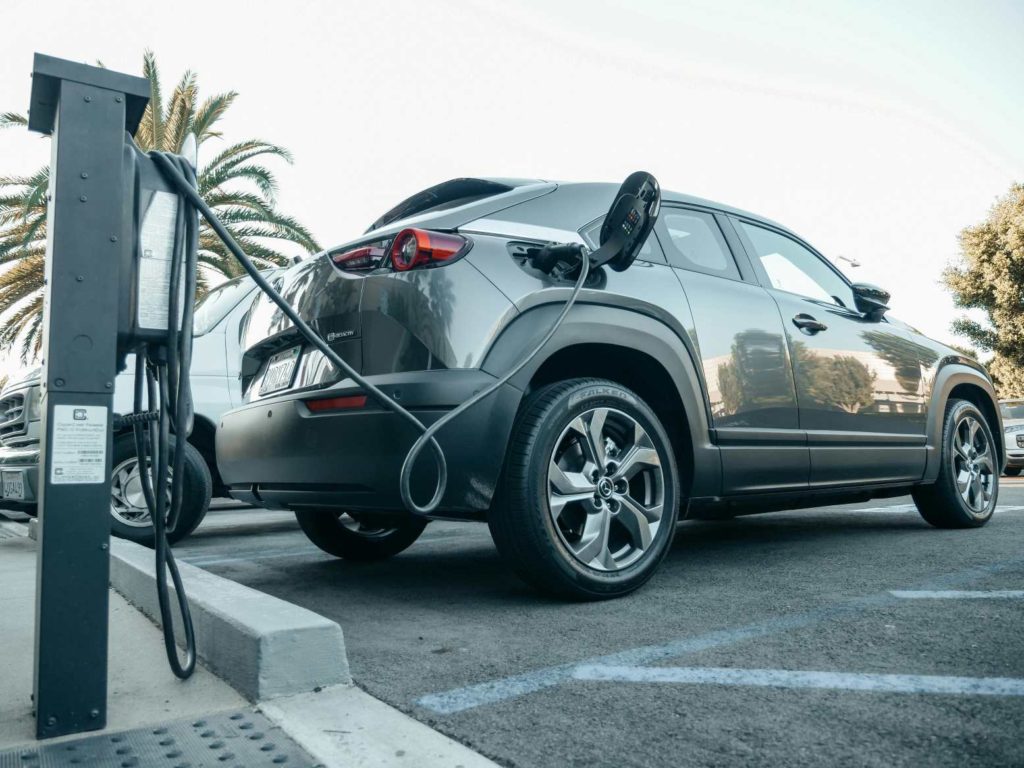
How Much Does It Cost to Install an Electric Vehicle (EV) Charger at Home? A Complete Guide
As electric vehicles become more popular, many people are considering the convenience of installing a home EV charger. But one of the main questions is: how much does it really cost? From installation steps and permit requirements to choosing the right electrician, this guide will walk you through everything you need to know to install a home EV charger safely, affordably, and efficiently.
1. Why Install an Electric Vehicle Charger at Home?
Having an EV charger at home brings many advantages:
- Convenience: Charging your car overnight is easier than waiting at a public station.
- Savings: Home charging is often more affordable than public stations.
- Time Efficiency: With a home charger, you can start each day with a full battery without stopping for a charge on the road.
Whether you’re looking to save money, reduce your environmental footprint, or avoid the hassle of finding a public station, installing a home EV charger offers a practical solution for EV owners.
2. Types of Home EV Chargers: Level 1 vs. Level 2
Before diving into the cost of installation, it’s essential to understand the two main types of EV chargers for home use.
Level 1 EV Chargers
- Description: Plugs into a standard 120V household outlet.
- Charging Speed: Around 3-5 miles of range per hour.
- Ideal For: Those who drive less frequently or have access to long charging periods.
Level 2 EV Chargers
- Description: Requires a 240V outlet, similar to a dryer or oven connection.
- Charging Speed: 20-30 miles of range per hour, making it much faster than a Level 1 charger.
- Ideal For: Daily EV drivers who want faster, more efficient charging.
Choosing the right charger depends on your driving habits and the type of vehicle you own. Many EV owners choose Level 2 chargers because of the faster charging speed, which is more convenient for daily use.
3. Costs of Installing an EV Charger at Home
3.1 Cost Breakdown
Installing a Level 2 EV charger at home typically involves two main expenses:
- Equipment Cost: A Level 2 charger usually costs between $300 and $700, depending on the brand and features.
- Installation Cost: Labor costs vary based on the complexity of the installation, but average between $500 and $1,500. If additional wiring or electrical upgrades are needed, expect to pay closer to the high end of this range.
3.2 Additional Costs to Consider
- Electrical Panel Upgrade: If your home’s electrical system can’t support the added power load, you may need a panel upgrade, which can cost between $1,000 and $2,500.
- Permits: Some areas require a permit to install a Level 2 charger, with permit fees ranging from $50 to $200.
- Trenching or Wall Drilling: If the charger is far from your electrical panel, additional wiring or trenching may be needed, adding $200-$500 to your bill.
3.3 Average Total Cost
On average, the total cost of installing a Level 2 EV charger at home ranges from $800 to $2,000. Factors that affect this cost include the type of charger, electrical upgrades, labor rates in your area, and any necessary permits.
4. Step-by-Step Guide to Installing an EV Charger at Home
4.1 Step 1: Check Your Home’s Electrical Capacity
The first step is to determine if your home’s electrical system can support a Level 2 charger. Homes with an older electrical panel may not have the capacity to handle the additional power load, which might require a panel upgrade.
4.2 Step 2: Obtain Necessary Permits
Many cities and states in the U.S. require a permit for installing a Level 2 EV charger. Permit fees vary, but getting one ensures your installation meets local safety codes.
4.3 Step 3: Choose the Right Charger
When selecting a Level 2 charger, consider factors like:
- Smart Features: Some chargers come with Wi-Fi capabilities, allowing you to monitor charging remotely.
- Amperage: Higher amperage means faster charging but may require additional electrical work.
4.4 Step 4: Hire a Qualified Electrician
Hiring a licensed electrician is crucial to ensuring the installation meets safety standards. They’ll handle the wiring, mounting, and connection of the charger, guaranteeing a safe and efficient setup.
4.5 Step 5: Test and Start Using Your Charger
After installation, your electrician should conduct tests to confirm everything is functioning correctly. You can now begin using your EV charger with peace of mind!
5. Choosing the Right Electrician and Installation Service
5.1 What to Look for in an Electrician
Make sure the electrician is licensed and experienced with high-voltage installations. Installing a Level 2 charger is complex, and only a certified professional should perform the work.
5.2 Ask for an Estimate and Warranty
Get a detailed estimate before starting work. Some electricians offer warranties on parts and labor, which can save you money if issues arise.
5.3 Safety Tips During Installation
Choose an electrician who follows local codes and regulations to avoid potential hazards. After installation, ensure all cables are safely managed to prevent accidents.
6. Benefits of a Home EV Charger for the Long Run
Investing in a home EV charger pays off over time:
- Cost Savings: Charging at home is generally cheaper than public charging.
- Convenience: No more waiting at public stations—just plug in at night and wake up to a full battery.
- Increased Property Value: EV-ready homes are attractive to potential buyers and may increase property value.
7. FAQs on Home EV Charger Installation
Do I need a permit to install an EV charger? Yes, in many areas, a permit is required for Level 2 installations. Contact your local municipality for permit details.
Can I install an EV charger myself? It’s best to hire a licensed electrician due to the technical nature of the installation and safety considerations.
How long does it take to install an EV charger at home? Most installations take between 2-4 hours, but this can vary depending on electrical upgrades and the location of the installation.
Conclusion
Installing an EV charger at home is an excellent investment for convenience, savings, and property value. While the initial costs may seem high, the benefits of having a dedicated charging solution make it a worthwhile upgrade for electric vehicle owners. Start by checking your home’s electrical capacity, securing permits, and hiring a qualified electrician to ensure a safe and efficient installation.
If you’re ready to install a Level 2 charger, contact us today to schedule a consultation with a certified electrician.

Electrician Glossary for Journeyman Electricians
For any professional in the electrical field, especially a journeyman electrician, mastering technical vocabulary is essential. The electrical glossary not only ensures precise communication with colleagues, contractors, and clients but also guarantees that every task is performed with safety and efficiency.

How Solar Energy Works Even on Cloudy Days
When people think about solar energy, they often imagine bright, sunny days powering homes and gadgets. However, what happens when the weather turns cloudy? Many believe that solar panels are ineffective in overcast conditions, but this is a common misconception. In reality, solar energy systems can still generate electricity on cloudy days—just not at the same efficiency level as during full sun.
